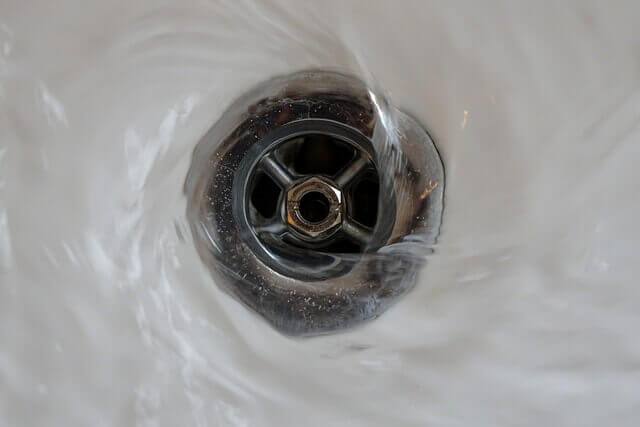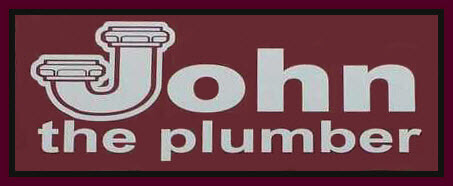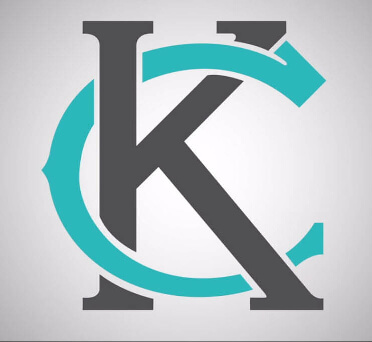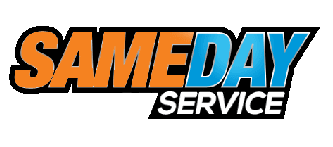John the Plumber's Blog
Plumbing Articles from Kansas City, MO & KS
Top Tips for Preventing Blockage in Your Drains

You’re doing the dishes after a big family gathering when suddenly the water starts to rise. You try the usual quick methods to unclog the sink, like checking for visible food. No luck.
Now you need to call a plumber to help clear the sink’s drains. In the meantime, that sink is out of commission.
The best method of “fixing” this issue is to prevent clogged drains before they ever happen. Continue reading to find out how.
Install a Lint Catcher
A common cause of clogged drains is your washing machine. All types of small items can get rinsed down your washer’s drain hose. This includes lint, bits of fabric, tissue, and even an occasional sock.
When enough of these items get rinsed into or through the drain hose, it can cause clogs. One easy way to fix this issue is to install a lint catcher at the end of your washer’s drain hose. You can purchase these at almost any hardware store and it will help a lot to prevent clogged drains.
Don’t have a lint catcher or don’t want to buy one? You can also use an old nylon stocking to stop items from exiting the drain hose and passing into your pipes. Just be sure to check the hose often to clean it out.
Add Bacteria to Your Drains
There is a type of natural bacteria you can use to eat away organic matter stuck in your drains. Organic matter might include grease, food, hair, and other natural items. This bacteria can be found in liquid or granular form.
Using the bacteria used will not affect the bacteria in your septic system. It’s completely natural, so it also doesn’t damage your pipes or cause corrosion.
To give the bacteria time to work, you should add it to the drains at a time when they won’t be used for a while. One perfect example is right before bed so the formula has time to work.
Don’t Dump Your Grease
When grease gets cold, it solidifies into a thick gel substance. Rinsing oil down your kitchen sink may not seem like a big deal when it’s in hot, liquid form. But, it becomes a big issue when the grease hardens inside the pipes.
If even a small bit of grease doesn’t get flushed directly into the septic system while warm, it can cause significant issues. Other items (like food) can get stuck on the grease as it goes past. This eventually leads to clogs.
Instead of dumping your grease into the drains, collect it in a bowl or tin. Once the oil has cooled and hardened, it can be scraped into the trash can. Or, you can continue collecting grease in a small container and throw the whole tin away once full.
Catch Hair Before It Becomes an Issue
Hair is one of the leading issues of clogged drains. Although hair can clog any drain, it most commonly occurs in the shower and bathroom sink. When the hair combines with soap residue, it creates a solid clog that requires pipe snaking to remove.
The best course of action is to catch the hair before it becomes an issue. You can do this by installing mesh screens on all your drains. Alternatively, you can install stoppers with built-in filters if you prefer.
Mesh drain screens are even useful in the kitchen, where you wouldn’t usually find a lot of hair being rinsed down the drain. In this scenario, the mesh screen can help catch larger food particles before they rinse into the pipes.
A bonus tip is to brush your hair before getting into the shower. This helps remove any loose strands of hair that might fall when washing. By getting at least some of the hair strands out before every getting into the shower, you can reduce the risk of clogged drains or overflowing mesh screens.
Don’t Use Chemical Cleaners
When drains become clogged, homeowners often go for chemical cleaners that promise to break apart any clogs in the pipes. Yes, they often do appear to get rid of the clog. But there is a big issue with cleaning your home’s pipes this way.
Chemical cleaners often cause corrosion inside the pipe. Severe corrosion can cause cracks or holes to appear inside the pipes. This requires replacement of any damaged pipes, which is much more expensive than calling a plumber for the first clog.
Even mild corrosion can end up being an issue. When the pipes suffer slight corrosion, flecks of piping material will come away from the internal walls.
These flecks can get stuck further down the pipe as they wash away. Eventually, the pipes become clogged once more. Often, this second clog is worse than the first and located further down, making it harder to reach.
Create a Compost Pile
A lot of food can get washed down the drain. Even if you have a food disposal, some of the food particles can get stuck in the pipes instead of washing into the septic system. Starting a compost pile can help eliminate a lot of the risk of clogs from food.
Compost piles aren’t only good for your drains. They’re better for the environment because they stop a small amount of food waste from heading to the local landfills. Having compost piles also create fantastic fertilizer you can use to garden with.
Do You Have More Questions About How to Prevent Clogged Drains?
Clogged drains can happen over time from a buildup of organic materials in the pipes. The above information can help you prevent these clogs from happening in the first place.
Do you have more questions about how to prevent clogged drains? Or, do you need assistance in clearing a drain that has already been clogged?
Contact us today. One of our associates would be happy to answer any questions you still have. They can also set you up an appointment if desired.
Request Free Quote
Serving Kansas City, Overland Park, Independence, Shawnee, & Surrounding Area's
FREE ESTIMATES
john the plumber
Full Service Plumbing Kansas City, MO-KS
John the Plumber LLC
5963 Paseo Blvd.
Kansas City, MO 64110
(816) 708-2020
or Send Us an Email Here.
© 2017-2024 JohnthePlumberKansasCity.com
– All rights reserved. –
Information on this website may not be re-used without prior written consent from John the Plumber LLC.
HOURS & LICENSE INFO
Monday-Saturday: 8:00am to 8:00pm
Sunday: Closed Normal Appointments
Emergency Client Service Available
Kansas & Missouri Licensed, Bonded, Insured
Master Plumbing Contractor 204249





0 Comments